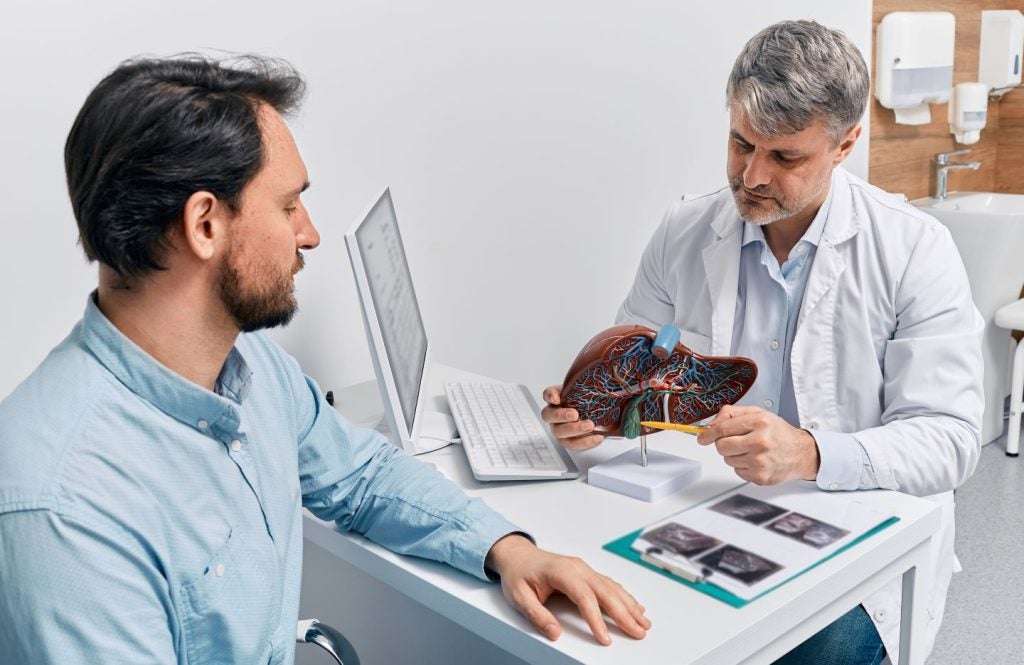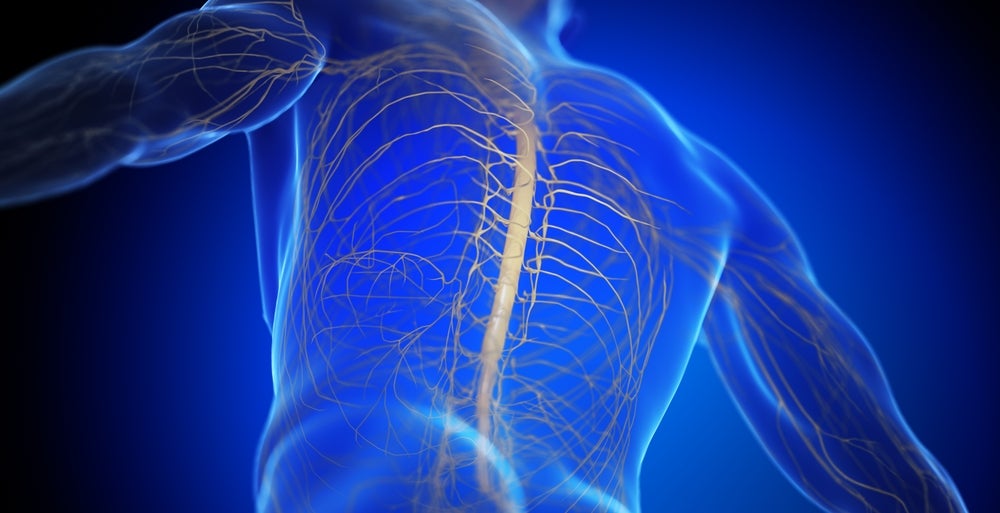Adlai Nortye has dosed the first subject in the Phase II ARTEMIS clinical trial of palupiprant (AN0025) in combination with chemoradiotherapy and radiotherapy (total neoadjuvant therapy: ‘TNT’) [CRT] for treating locally advanced rectal cancer.
The University of Leeds' Cancer Research Clinical Trials Unit is spearheading the ARTEMIS study.
The multicentre, randomised, open-label Phase II trial will compare the efficacy of TNT with or without the addition of AN0025 in patients diagnosed with moderate to high-risk rectal cancer.
It will enrol 140 subjects with 70 participants in each arm.
The subjects will receive either long-course chemoradiation (LCCRT) or short-course radiotherapy (SCRT), followed by chemotherapy, or AN0025 in combination with LCCRT/SCRT and subsequent chemotherapy.
Measuring the clinical complete response (cCR) rate at six months following the initiation of radiotherapy is the trial’s primary endpoint.
This trial builds on the positive Phase Ib results, which demonstrated that AN0025, when combined with RT/CRT, was safe and resulted in 36% of rectal cancer patients achieving a cCR or pathologic complete response (pCR).
AN0025, a small molecule prostaglandin E receptor 4 (EP4) antagonist, was initially discovered by Eisai and is designed to modulate the tumour microenvironment.
Adlai Nortye holds sole rights for conducting research, development, manufacturing, and marketing of AN0025 in all regions outside of Japan and parts of Asia, excluding China.
In November last year, the company concluded the subject enrolment in the Phase III BURAN trial of Buparlisib (AN2025) plus Paclitaxel to treat recurrent or metastatic head and neck squamous cell carcinoma (HNSCC) in more than 180 sites globally.
















